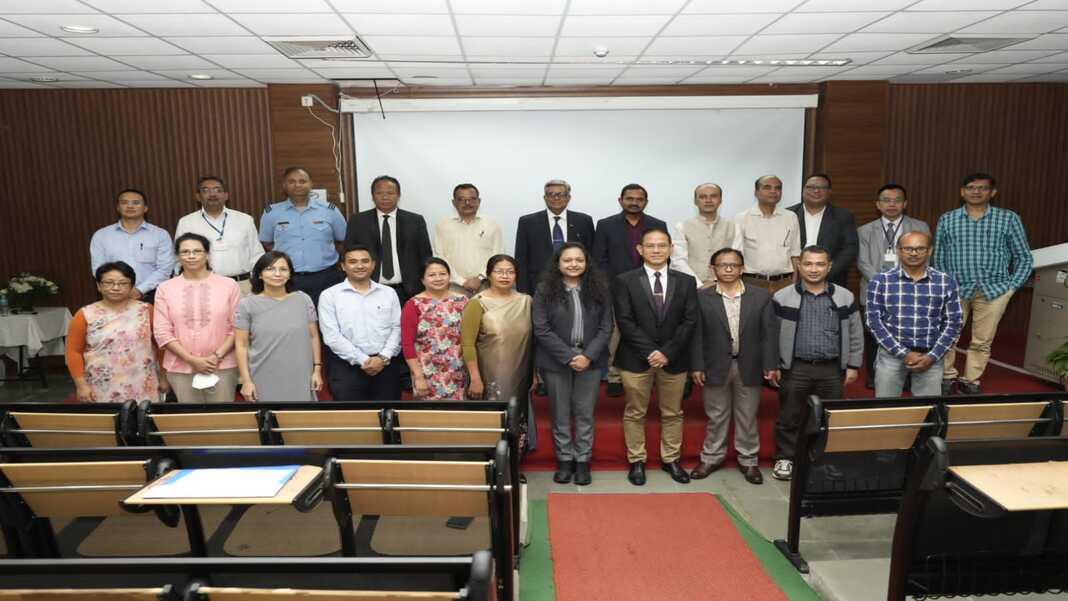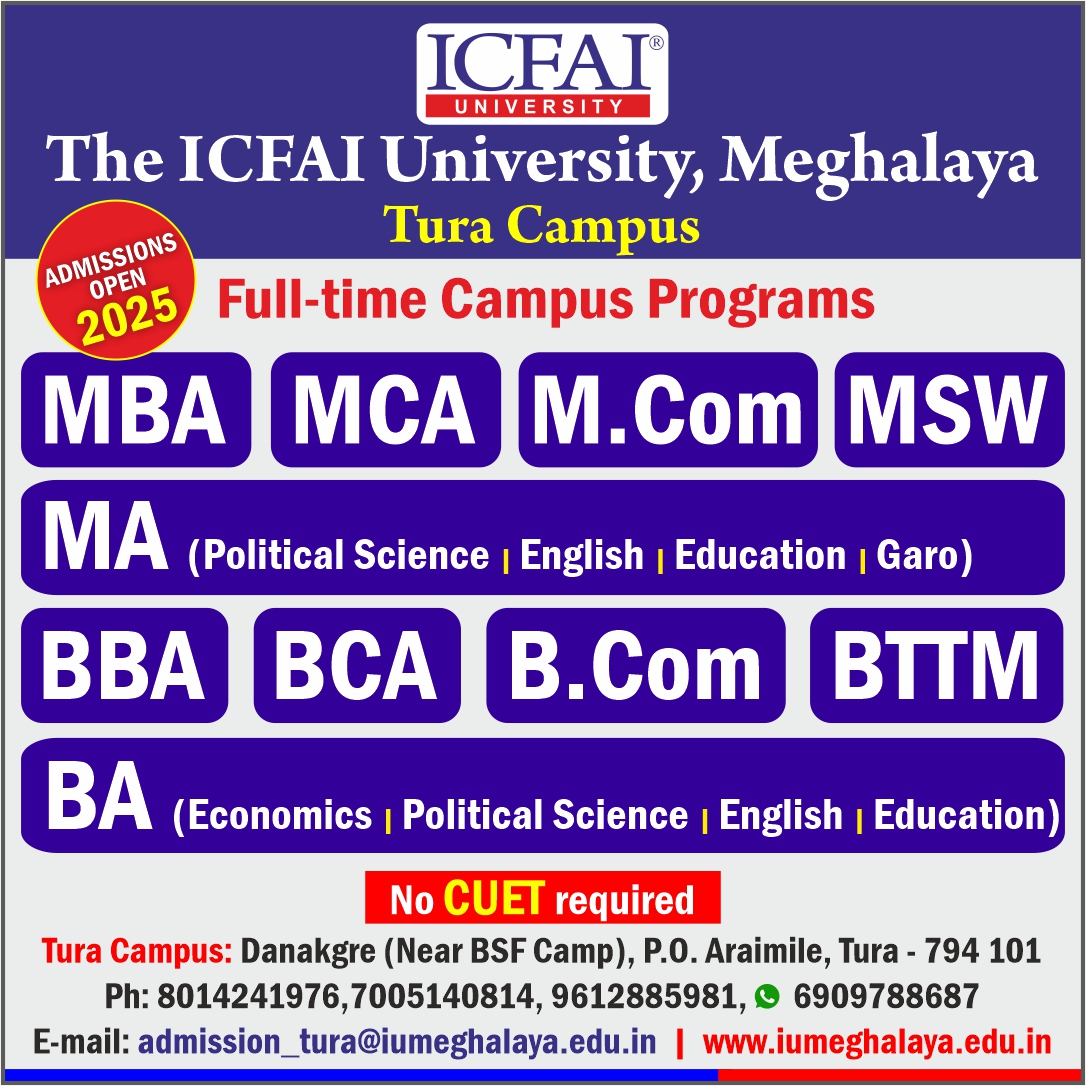Shillong, Aug 30: The Meghalaya State Chapter of Indian Medical Association (IMA) recently held CME to brainstorm on India’s target of ending the menace of tuberculosis by 2025.
Tuberculosis has emerged the single leading human infection that kills; after Covid. Delayed diagnosis, drug defaulting, uncontrolled co-morbidities like diabetes, reactivation of latent TB, emergence of drug resistant variants, limited number of accredited laboratory for high end drug sensitivity testing and malnutrition in the backdrop of low socioeconomic status are plausible factors negatively affecting the tuberculosis control programs.
Elucidating the implication of natural history of tuberculosis, Prof G K Medhi, Head of Community Medicine, summerized that elimination of TB in the country within the next 30 months from now is an abstract goal with a cautious optimism from public health perspective.
Speaking on the occasion as the Chief Guest, Prof Nalin Mehta, Director of NEIGRIHMS, said that ending TB within a short time may indeed be a tall order, but in human endeavours such urgency makes it all the more important to come together to brainstorm for a national cause. Quoting Ronald Ross (who discovered life cycle of Malaria to win Nobel Prize in Medicine and Physiology) he emphasized the evolutionary fight of two parallel universes; the unassuming yet genetically smart single cell microorganisms and the human race that boasts of its collective scientific and intellectual prowess.
Principal Secretary Health, Government of Meghalaya, Sampath Kumar, who graced the occasion as the Guest of Honour, said that malaria was once rampant in Meghalaya but concerted efforts of the government through adoption of exploratory factor analysis model that first started with the Garo Hills districts (where malaria was highly endemic then) led to phenomenal reduction of malaria cases through early detection and aggressive anti-malarial medicines by Health Care Workers. Similar approach may be explored, adopted or adapted for tuberculosis, he said.
Delving into the ethical issues of handling multi-drug resistant tuberculosis (MDR-TB), Prof PK Bhattacharya, Head of Medicine, gave the example of potential social isolation and stigmatization of such patient.
There were 7 frontal lectures, two panel discussions and one round table brainstorming session to iron out the diagnostic, therapeutic and unarticulated management dilemma involved in successful detection and treatment of active tuberculosis. Experts from many key departments that actively participated were General Medicine, TB and Pulmonary Medicine, Microbiology, Community Medicine, Orthopaedics departments of NEIGRIHMS, WHO NTEP cell (Meghalaya), Nazareth hospital and Medical wing of Assam Rifles. The CME was co-sponsored by National Health Mission, IMA and NEIGRIHMS.
The felicitation ceremony was also graced by Dean NEIGRIHMS Prof. G. K. Medhi, and Director Medical Assam Rifles Dr. A. K. Mukhopadhyay, IMA Honorary Secretary Prof. Bhaskar Borgohain, and IMA President Prof. C Daniala.
Over 50 delegates joined this hybrid CME physically and the rests joined via online mode from different parts of the country.





